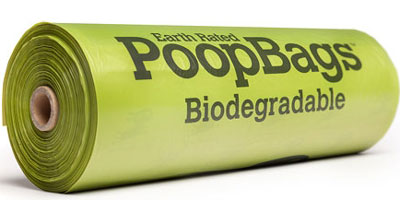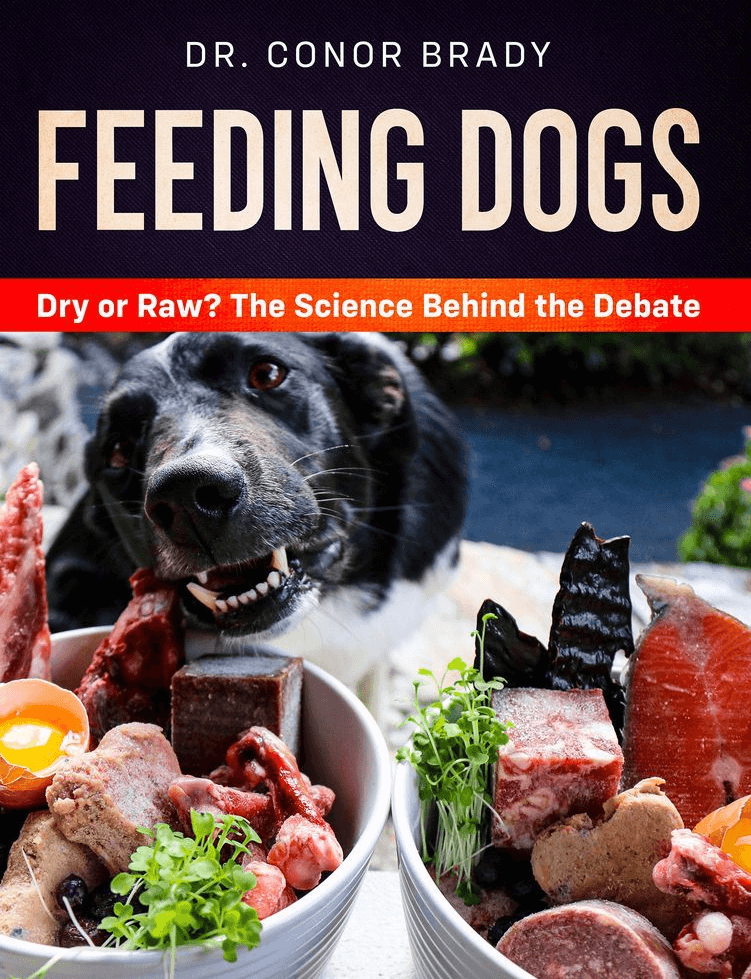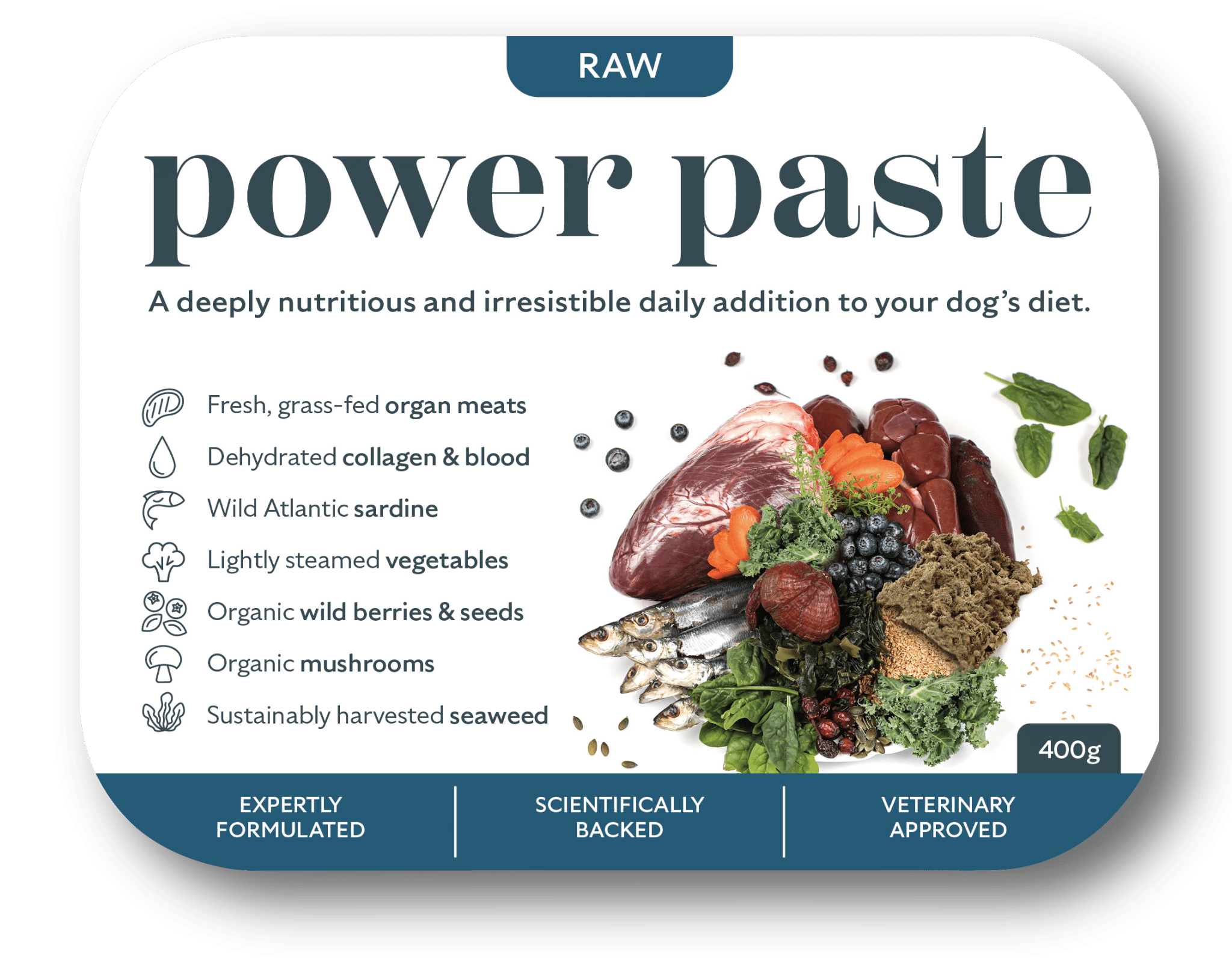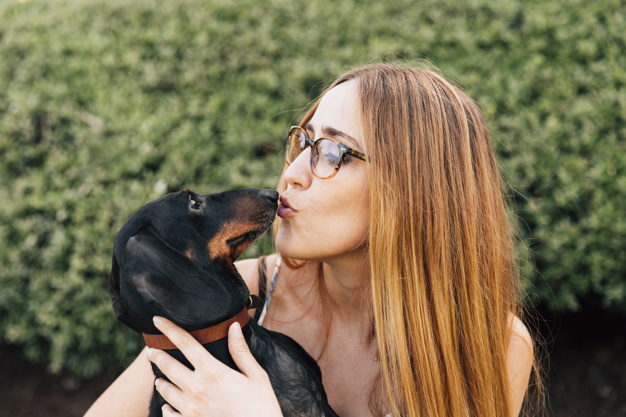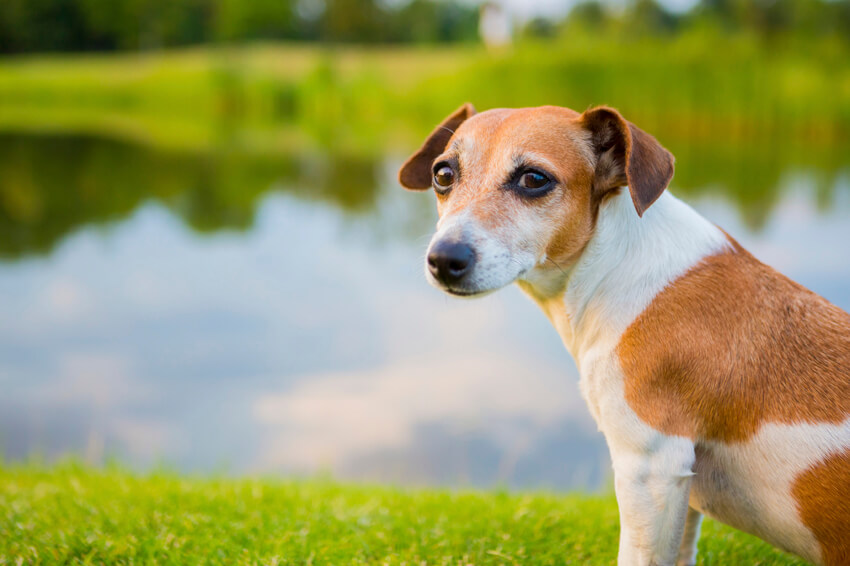Biodegradable Poo Bags, The Inside Scoop!
Nice title, eh?! Seriously though, we know plastic is really bad for the environment. Plastic goes into landfill and doesn’t break down. Or, it does, but extremely slowly, meaning it releases all it’s chemical nastiness slowly through all the garbage into our water table. Not good.

Thus we’re being steered away from cheap, disposable plastic bags (via taxes which, in fairness, is a great way to modify people’s behaviour towards caring for the environment) towards bags-for-life. However, a poo-bag-for-life in the pocket is slightly less appealing.
So we all know we should be using biodegradable bags for our pupper’s poops, even if they might cost a bit more, and the market has responded accordingly. But did you know that many biodegradable poo bags are made of plastic that contain ingredients which simply makes them melt quicker? This means that they all go to landfill to dissolve, albeit quicker than their polyethene counterparts, but ultimately with the same catastrophic environmental result.
So, here’s the inside scoop.
Some Tips when Buying Bio-Degradable Poo Bags…
There a range of bio poo bags available today for dogs. We started off with the stiff cardboard types. These are made of paper and perfectly compostable (should you want poo in your compost is another story). They’re selling at around €3.50 for ten. That’s a spicy, poo-inducing meatball of a difference from the 80 nappy bags for €0.50 cents in Tescos, and for some people likely a bridge too far.
The next most cost-effective are made on modified corn, potato or even tapioca starch. These are great from an environmental point of view but they do not offer the same protection as plastic, they are stiffer and can tear easier. People may live with this as these bags are generally fully compostable and vitally, non-toxic.
This aside, I have noticed that many of these are coupled with “biodegradable plastic polymers” such asPolyVinyl Alcohol (PVA). This raised my hackles. What are these?! I don’t want any plastic.
I called into two pet stores over the weekend but got a few “computer says no” replies, so none the wiser there at the moment. Have contacted the manufacturers of their products which, in my experience, ends up being from Asia, and a complete dead end.

In the meantime, I got to Googling and came up with “biodegradable polymers are a specific type of polymer that breaks down after its intended purpose to result in natural byproducts such as gases (CO2, N2), water, biomass, and inorganic salts”, from Wikipedia. This is heartening.
One supplier, Scot-Petshop Ltd (owners of poobagsdirect.co.uk, which we discuss below) got back to me online with some useful information. These guys supply oxo-biodegradable and exo-biodegradable poo bags. These are not compostable as “they cannot find a bag strong enough for making sure you can pick up your dog waste safely without any nasty accidents”.
Oxo-biodegradable are probably the plastic biodegradable poo bags I mention above. In very short, oxo-biodegradable means that in the presence of water, heat and light of which all are found in our dumps to various degrees, these bags break down into single molecules that are eaten by the microorganisms present, producing biomass (good) and harmless by-products (neutral). This sounds okay, I suppose.
They also make exo-biodegradable bags which are made from waste sea shells (principally chitin) which is combined with a “synthetic resin”. Boo.
An interesting stat is that between 25-40% of their biodegradable poo bags contain bio-renewable content. This means “a substantive percentage of the petrochemical polymers in everyday plastics can now be replaced with a bio-renewable material”. I asked them “does that mean that the other 60-75% is not bio-renewable plastic waste by-product that remains in the landfill, albeit in soluble form?”. Their answer:
Unfortunately for strength and durability plastic is still used and makes up for the other percentage of material.
What are the Best Bio Poo Bags?
I suspect the bio-poo bag world could have a few land mines in it, much like my path by the sea but the single roll types with no ingredients written on them sold loose in pet shops are, in my opinion, to be suspected, until we know more.
I hate concluding article without some definitive recommendations but I really don’t have a favourite. I think paper bags would be the safest but could be a break-through hazard. After that, it is almost certainly the non-flexible biostarch types. They’re the ones I use anyway. Seem to be the best of the bunch. I go by price and will buy wherever but one good tip is that buying bio bags in single rolls or 3-packs is practically nonsense. You know you’re going to need lots and lots and lots. I would go to Google and look for bio poo bags in bulk. I found three or four sites in the UK that will sell to anyone en masse. You might have to outlay €100 or more but you will reduce your bag cost down from as high as 30cents to as little as 2 cents. Find out what they’re made of from the supplier and make the leap.

